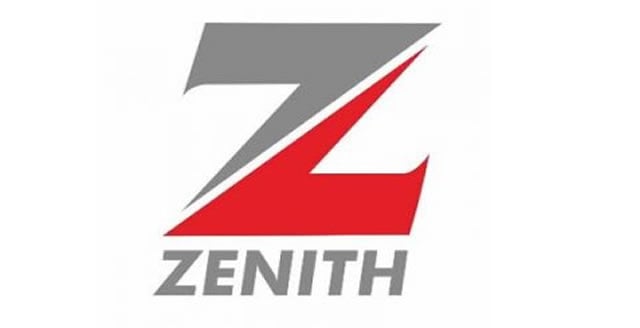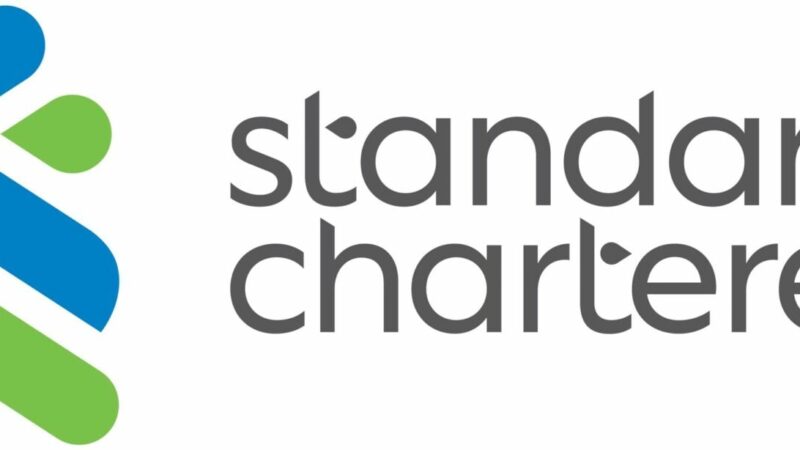Manufacturers’ forex losses rise 566% to N792bn
 A review of the performance of multinational corporations and big indigenous firms operating in the country for the financial year ended December 2023 have shown that they recorded a combined Foreign Exchange, forex, losses of N792 billion due to naira depreciation caused by the monetary policy reform.
A review of the performance of multinational corporations and big indigenous firms operating in the country for the financial year ended December 2023 have shown that they recorded a combined Foreign Exchange, forex, losses of N792 billion due to naira depreciation caused by the monetary policy reform.
However, there seems to be respite for manufacturers as the Central Bank of Nigeria, CBN’s intervention in the foreign exchange may have started yielding fruits with the naira scaling up gradually.
Though, its sustenance is still not guaranteed as analysts move for a robust fiscal policies to complement the monetary policies aimed at strengthening the naira.
Trading at the Nigeria Autonomous Foreign Exchange, NAFEX showed that the naira gained following last week Wednesday’s disbursement of $1.5 billion by the CBN to settle outstanding obligations owed to commercial bank customers.
During mid-day trading on Friday, according to FMDQ Nigeria’s naira appreciated to N1,301.00 per dollar but eventually closed at N1,431.49 per dollar. The parallel market also saw positive movement, with the naira closing at N1,470 per dollar on Friday, up from the N1,600 per dollar it was last week Monday.
This uptick comes in the wake of an announcement by the CBN on Wednesday, confirming the clearance of its entire verified foreign exchange backlog.
Meanwhile, Financial Vanguard analysis has shown that the 16 big manufacturing companies whose financial results were released on the Nigerian Exchange Limited, NGX, for the financial year ended December 31, 2023 recorded a combined FX loss of over N792 billion from N118.9 billion in the corresponding period of 2022, indicating 566% increase.
The companies also recorded a combined loss before tax of N196.788billion, down by 139% from a profit before tax of N503.862 billion recorded in 2022.
However, the 16 manufacturing firms recorded combined revenues of N6.356 trillion up by 28% from N4.967 trillion in 2022.
Companies with FX losses in 2023
The 16 companies that recorded FX loss include: Nestle Nigeria N 173,925billion,Nigerian Breweries N153.332 billion, NASCON Allied N8.539 billion, International Breweries N 57.599 billion, BUA Cement N69.950 billion, Lafarge Africa N 21.0 billion, Guinness Nigeria N49.1 billion , Cadbury Nigeria N18.299 billion , Dangote Cement N 164,077 billion , BUA Foods N 73.561 billion.
Others are Dangote Sugar N148.328 billion, Okomu Oil N 0.207billion, Notore Chemical N5,59 billion, Vitafoam Nigeria N 0.103 billion , Beta Glass N 0.981 billion and Unilever N6.945 billion.
Reactions from companies
Lafarge Africa: The company announced its full year 2023 results, saying its profits were impacted by significant FX loss. Full-year 2023 Profit Before Tax, PBT, went up by 15.7 percent Year on Year, YoY, despite N21 billion FX losses in 2023. FY 2023 net sales rose to 8.6 percent year-on-year. Lafarge Africa noted that a higher effective tax rate in 2023 ,after expiry of Pioneer Status Incentive in 2022, coupled with pressures from FX losses led to a PAT decline of 4.7 percent YoY.
Lolu Alade-Akinyemi, CEO of Lafarge Africa, said: “The fundamentals of our business remain strong. Despite extremely challenging macroeconomic headwinds, we grew the top line by 8.6 percent and improved Operating Margin from 22.6 percent to 25.3 percent in FY 2023.”
BUA Cement: The company reported a PAT of N69.45 billion for the financial year ended December 2023, representing a 31.2% decline YoY. The YoY reduction in profits was largely due to a foreign exchange loss of N69.95 billion—an increase from N5.50 billion recorded in 2022.
Like most manufacturing companies in Nigeria, BUA Cement experienced profit decline as a result of the impact of the naira depreciation following the reunification of the exchange rate announced mid-last year.
Guinness Nigeria: The company’s foreign exchange expenses eroded the operating profit of Guinness Nigeria Plc for the year ended December 2023, resulting in N5.233billion loss.
Reacting to the performance, former Managing Director, John Musunga, blamed the forex harmonisation policy.
“In this situation, our retained earnings declined quite a bit because we had to service that change in FX and our profit and loss position also became adverse as we recorded N18billion in losses. Good practice says that if you don’t have retained earnings or declare a loss, you don’t pay dividends,” Musungu said.
Nestle Nigeria: The company reported a loss before tax of N104 billion for the year ended 2023 compared to a profit before tax of N71 billion same period in 2022.
This is according to the 2023 financial statement of the company published on the NGX on Wednesday, 28th February 2024.
It reported a foreign exchange loss of N195 billion which was the major reason for the overall loss reported by the company.
Nigerian Breweries: The country’s largest brewery reported an after-tax loss of N106.3 billion in 2023, its first loss in six years, according to its audited financial results.
That’s after the naira devaluation resulted in a foreign exchange loss of N153.33 billion, causing the brewer to post a rare loss last year compared to an after-tax profit of N13.18 billion recorded in 2022.
“Despite strong and aggressive cost savings and other efficiency measures, coupled with the impact of the devaluation of the naira which resulted in a foreign exchange loss of N153 billion, the Company recorded a net loss of N106 billion during the year,” Hans Essaadi, Managing Director/CEO of Nigerian Breweries Plc , said.
NACCIMA , analysts, economists, react
Meanwhile, financial analysts, economists and stakeholders in the manufacturing sector have continued to harp the FX challenges as it continued to erode the revenues and profits of these firms even as high prices are passed on to the final consumers.
They stressed that the exchange rate losses have grave economic implications for the country, which include job loss, reduction in company income tax earnings by the government, absence of dividend payment for shareholders, closure of plants that may result in further exit of multinationals, worsen inflationary pressure from supply factors as well as increase unemployment and poverty rates among others.
The Nigerian Association of Chambers of Commerce, Industry, Mines and Agriculture (NACCIMA), said that recent devaluation of the naira was fuelling food and grain export to West African countries as Nigeria’s food is now the cheapest in the West African, W/A region due to the naira fall.







